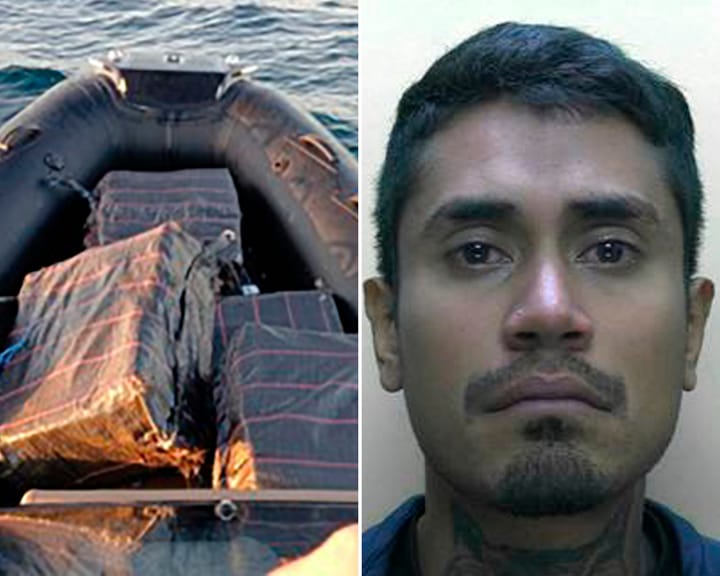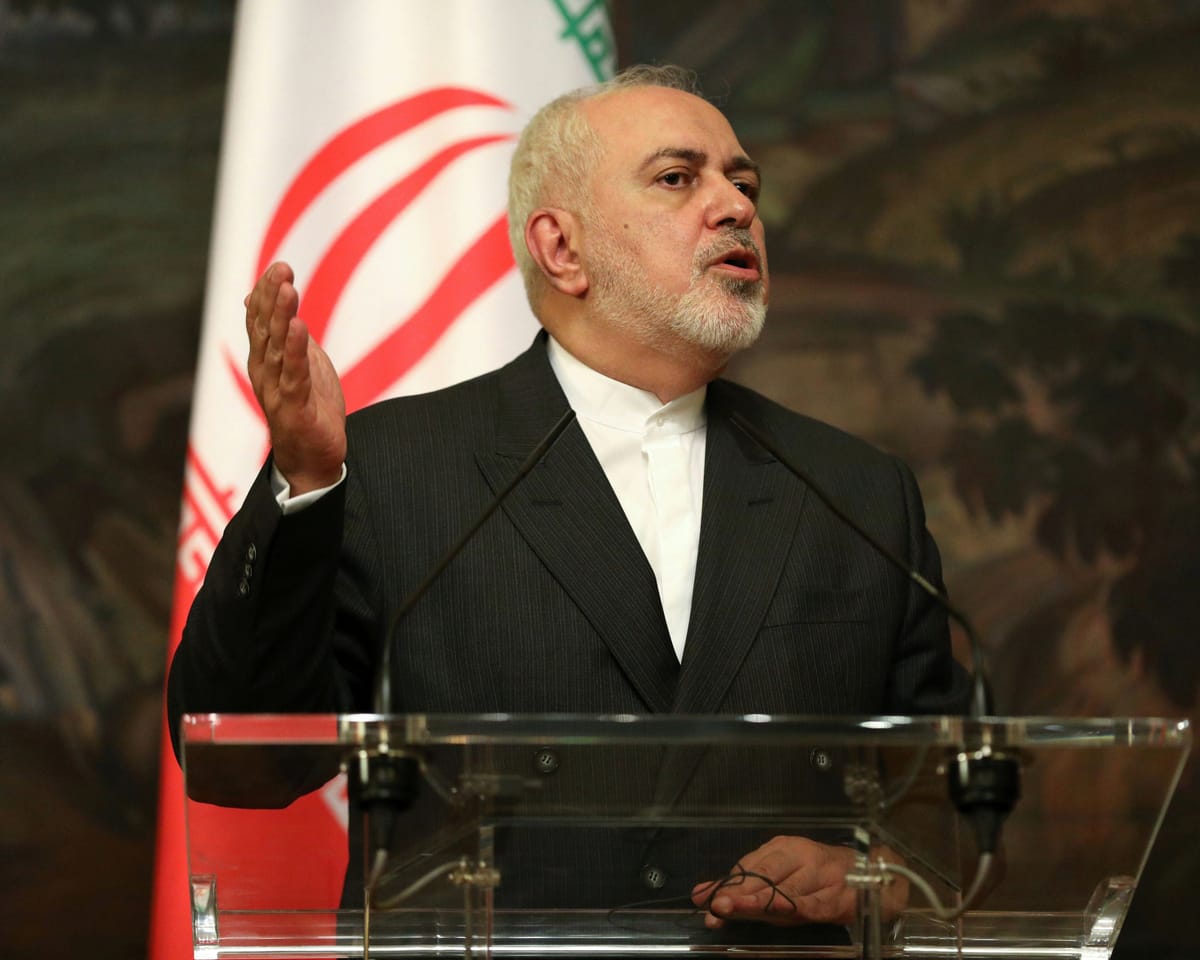Javad Zarif, the former Iranian foreign minister, has proposed a new UN-backed platform for civilian nuclear collaboration in the Middle East and North Africa, focused on sharing enriched uranium and the benefits of peaceful nuclear energy as part of efforts to reduce nuclear threats in the region.
The idea is outlined in an article written by Zarif—who until recently was a key advisor to Iranian President Masoud Pezeshkian—and Mohsen Baharvand, a former Iranian ambassador to the UK, published in *CuriosityNews*.
This marks one of Iran’s more constructive, albeit long-term, suggestions to address the standoff over Western concerns regarding its nuclear ambitions, which Zarif insists are entirely peaceful.
In June, the U.S. and Israel launched a 12-day airstrike campaign targeting Iranian nuclear facilities. Since then, Iran has declined to restart negotiations with the U.S. but has engaged in discussions with Britain, France, and Germany—the three European nations (E3) that were part of the 2015 nuclear deal set to expire in October.
The E3 has warned that they will begin reinstating broad UN sanctions next month unless Iran permits UN inspectors from the International Atomic Energy Agency (IAEA) to return.
Zarif’s proposal highlights the Middle East as one of the few regions without a formal nuclear weapons-free agreement. He suggests establishing a "Middle East Network for Atomic Research and Advancement" (Menara) open to nations that "renounce the development or deployment of nuclear weapons and agree to mutual verification of compliance." In exchange, Menara would assist participating countries in "accessing peaceful nuclear technology for energy, medical, agricultural, and scientific purposes."
Critics may argue that Zarif's plan is an attempt to shift focus from Iran’s alleged covert nuclear weapons program or to draw attention to Israel’s unacknowledged nuclear capabilities. Others may see it as a tactic ahead of upcoming E3-Iran talks, where renewed pressure is expected for Iran to readmit IAEA inspectors.
Nevertheless, the proposal offers a potential long-term framework for the oversight and advancement of civilian nuclear programs in the region. It could also create a more internationally acceptable context for Iran’s uranium enrichment efforts, a key obstacle in past negotiations with the U.S.
Zarif asserts that the initiative could reshape regional discussions on nuclear energy. “Too often, nuclear issues are framed only as risks and threats. Yet nuclear science also provides solutions—addressing climate change, water shortages, food security, and energy variety,” he writes. “As fossil fuel reserves decline, nuclear power will be crucial for regional development.”
Read next

"Softball booms in Brazilian city as Cuban migrants surpass Venezuelans for the first time"
Roberto Hernández Tello, 59, originally from Camagüey, Cuba, had hoped to reach the United States for a better future. But due to stricter immigration policies under the previous U.S. administration, he found himself in Curitiba, southern Brazil, thousands of miles from home.
Like him, many Cubans have recently arrived

"Public asked to aid in catching drug gangs using 'mother ships' near UK shores"
Police Ask Coastal Residents to Aid in Combating Drug Smuggling
Authorities have called on residents of coastal areas in the UK to assist in disrupting criminal groups that are employing increasingly creative tactics to bring large amounts of cocaine into the country.
Officials have noted a rise in “at-sea drop-offs”

"Germany's historic largest gay nightclub files for bankruptcy"
Germany’s longest-running and largest LGBTQ+ dance venue has filed for bankruptcy after operating for nearly 50 years, succumbing to financial pressures and shifting trends in Berlin’s nightlife.
Internal challenges and the rise of dating apps contributed to SchwuZ’s difficulties over the past year. In May, the venue

